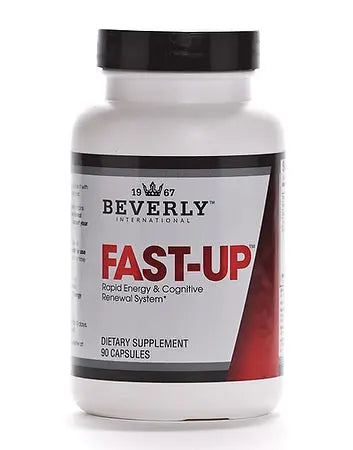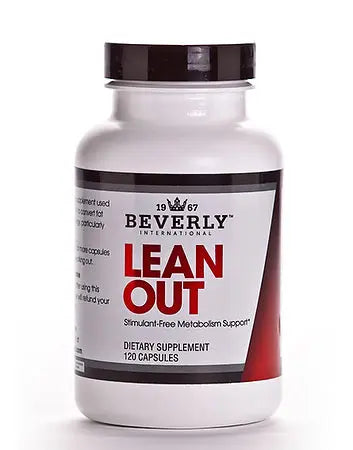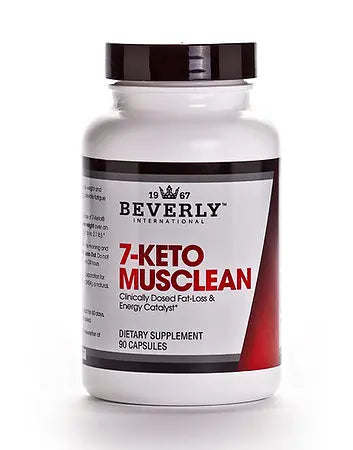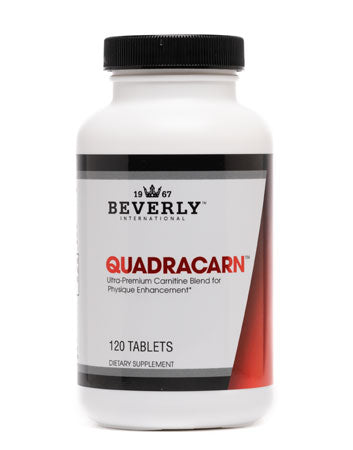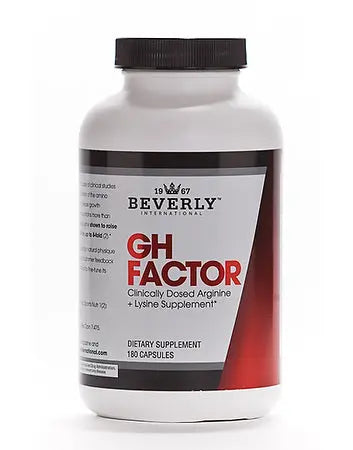
Navigating Menopause: Can Collagen Peptides Support Your Journey?
Featured Supplements
-
Original price $36.95Original price $36.95 - Original price $36.95Original price $36.95Current price $29.56$29.56 - $29.56Current price $29.56
Beverly International Fast Up
Beverly International Fast Up Early morning pre-workout and afternoon kick start supplement that helps with rapid energy & can boost cognitive ...
View full detailsOriginal price $36.95Original price $36.95 - Original price $36.95Original price $36.95Current price $29.56$29.56 - $29.56Current price $29.56Save 20% -
Original price $36.95Original price $36.95 - Original price $36.95Original price $36.95Current price $28.95$28.95 - $28.95Current price $28.95
Beverly International Lean Out
Beverly International Lean Out The No Jitters Stimulant-Free Support for a Clean, Balanced Metabolism Support your body’s natural rhythm and metabo...
View full detailsOriginal price $36.95Original price $36.95 - Original price $36.95Original price $36.95Current price $28.95$28.95 - $28.95Current price $28.95Save 22% -
Original price $45.00Original price $45.00 - Original price $45.00Original price $45.00Current price $36.00$36.00 - $36.00Current price $36.00
Beverly International 7 Keto MuscLEAN
Beverly International 7-Keto MuscLean Beverly International 7-Keto MuscLean is a stand-out among fat-loss products: While other brands may tout th...
View full detailsOriginal price $45.00Original price $45.00 - Original price $45.00Original price $45.00Current price $36.00$36.00 - $36.00Current price $36.00Save 20% -
Original price $42.95Original price $42.95 - Original price $42.95Original price $42.95Current price $34.36$34.36 - $34.36Current price $34.36
Beverly International Quadracarn
Quadracarn from Beverly International Beverly International Quadracarn (pronounced “kwa-dra-carn”) really does do it all! Energy, recovery, stre...
View full detailsOriginal price $42.95Original price $42.95 - Original price $42.95Original price $42.95Current price $34.36$34.36 - $34.36Current price $34.36Save 20% -
Original price $46.00Original price $46.00 - Original price $46.00Original price $46.00Current price $36.80$36.80 - $36.80Current price $36.80
Beverly International GH Factor
Beverly International GH Factor: Advanced Competition Formula Safe, all-natural support.GH Factor may support healthy growth hormone (GH) secretion...
View full detailsOriginal price $46.00Original price $46.00 - Original price $46.00Original price $46.00Current price $36.80$36.80 - $36.80Current price $36.80Save 20%


